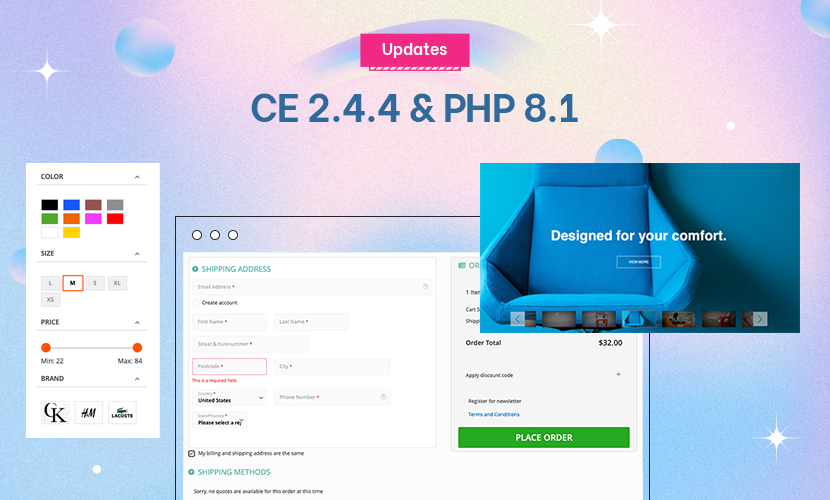In Dubai, businesses must adhere to various audit requirements depending on their legal structure, industry, and regulatory obligations. Understanding the different types of audits can help ensure compliance and maintain transparency in financial reporting.
- Financial Audit: This is the most common type of audit, which involves an independent examination of a company’s financial statements. The purpose is to assess whether the financial records accurately reflect the company’s financial position. Companies in Dubai are required to conduct a financial audit annually, especially if they are registered in the mainland or operating in certain free zones.
- Tax Audit: A tax audit examines whether a business is compliant with tax laws, particularly the VAT and corporate tax regulations. The UAE Federal Tax Authority (FTA) may conduct tax audits in Dubai to ensure that businesses are paying the correct amount of taxes and adhering to reporting requirements. Tax audits help prevent issues such as underreporting income or improper deductions.
- Internal Audit: This audit focuses on evaluating a company’s internal controls, risk management, and governance processes. While not always mandatory, internal audits are crucial for improving operational efficiency, identifying risks, and ensuring compliance with internal policies and external regulations.
- Compliance Audit: Conducted to verify if a company is adhering to local laws, industry standards, and regulatory requirements, including licenses, permits, and health and safety laws.
Staying up to date with the audit process is vital for avoiding penalties and ensuring business integrity in Dubai’s dynamic market environment.

